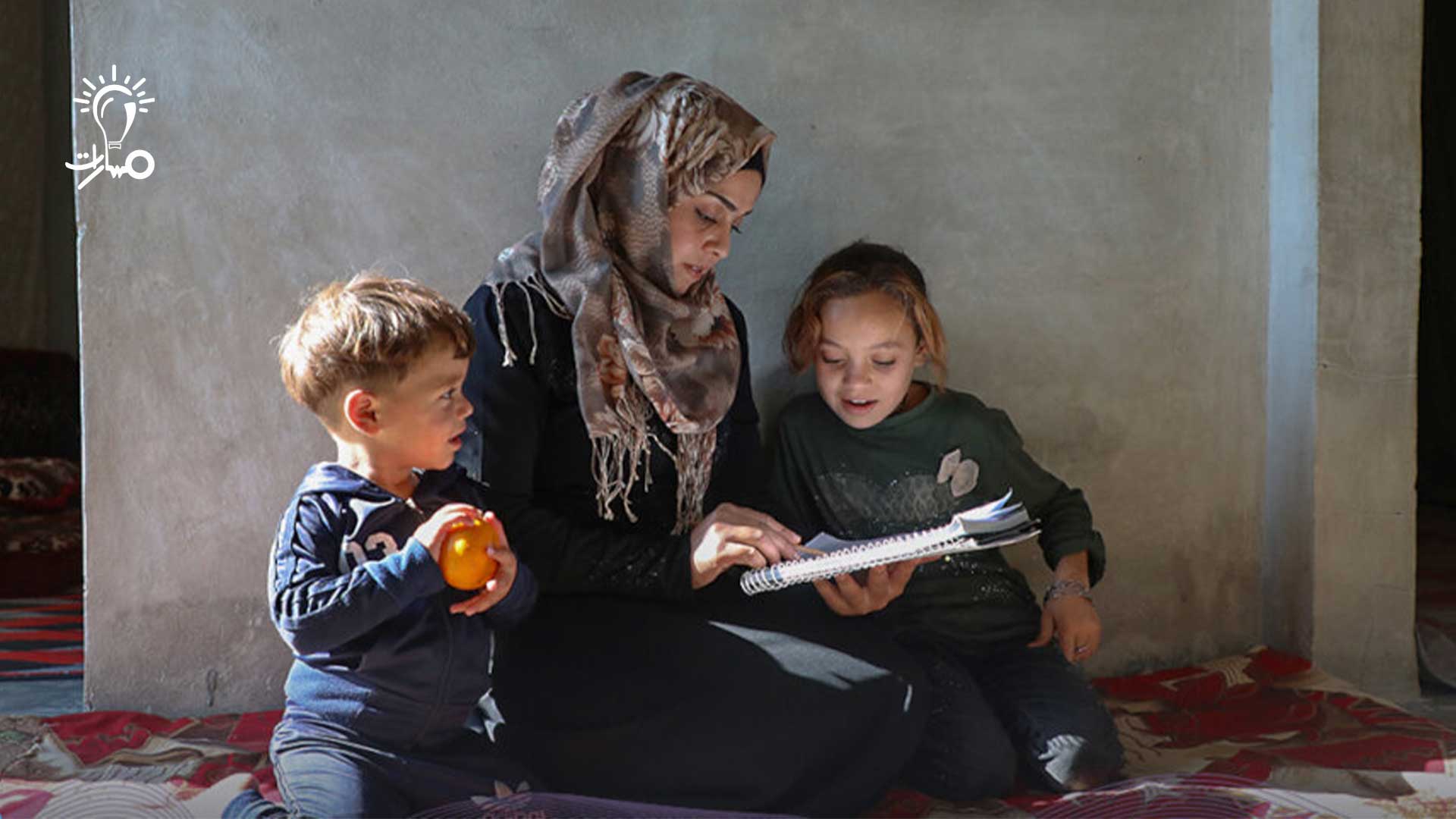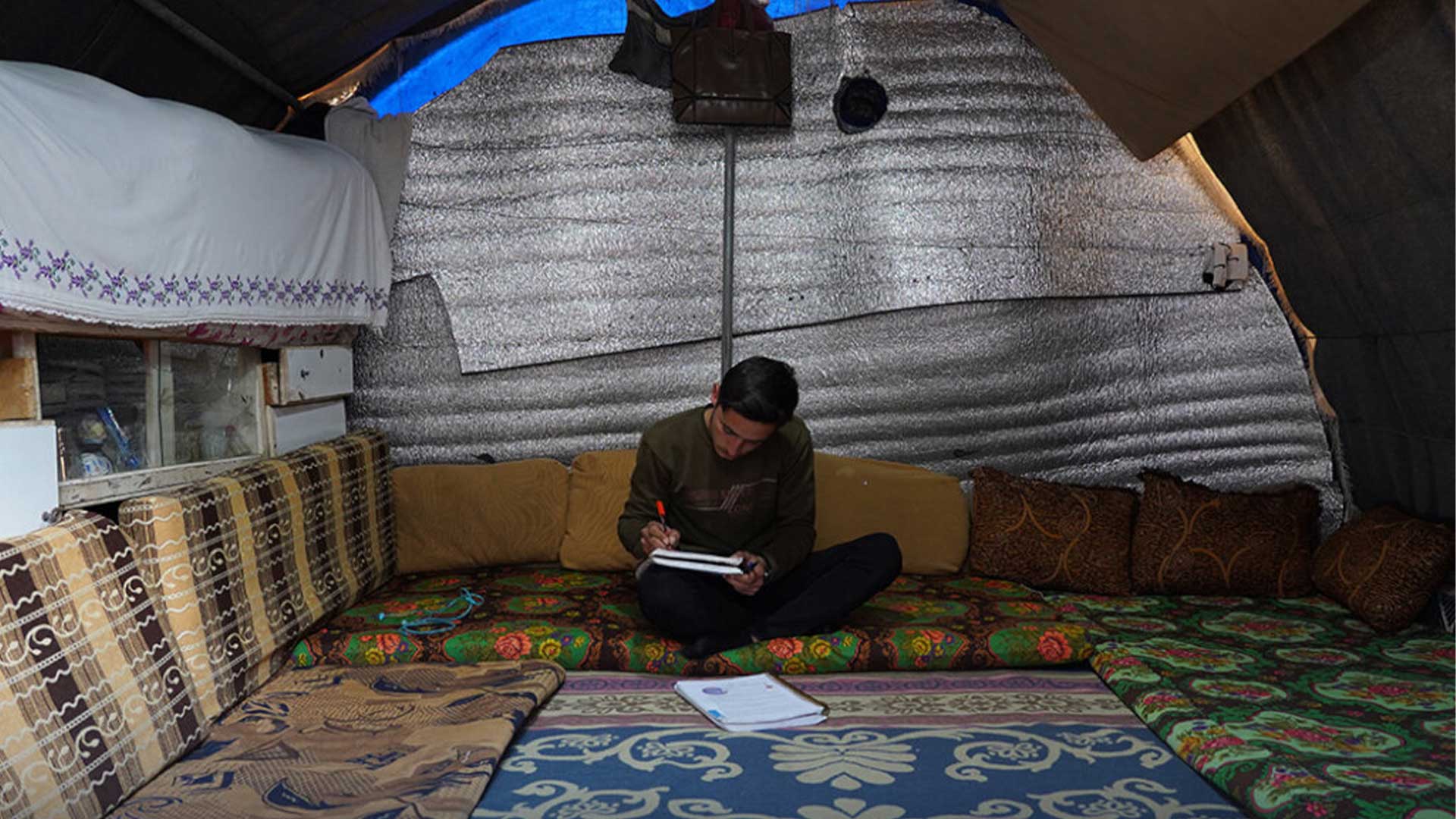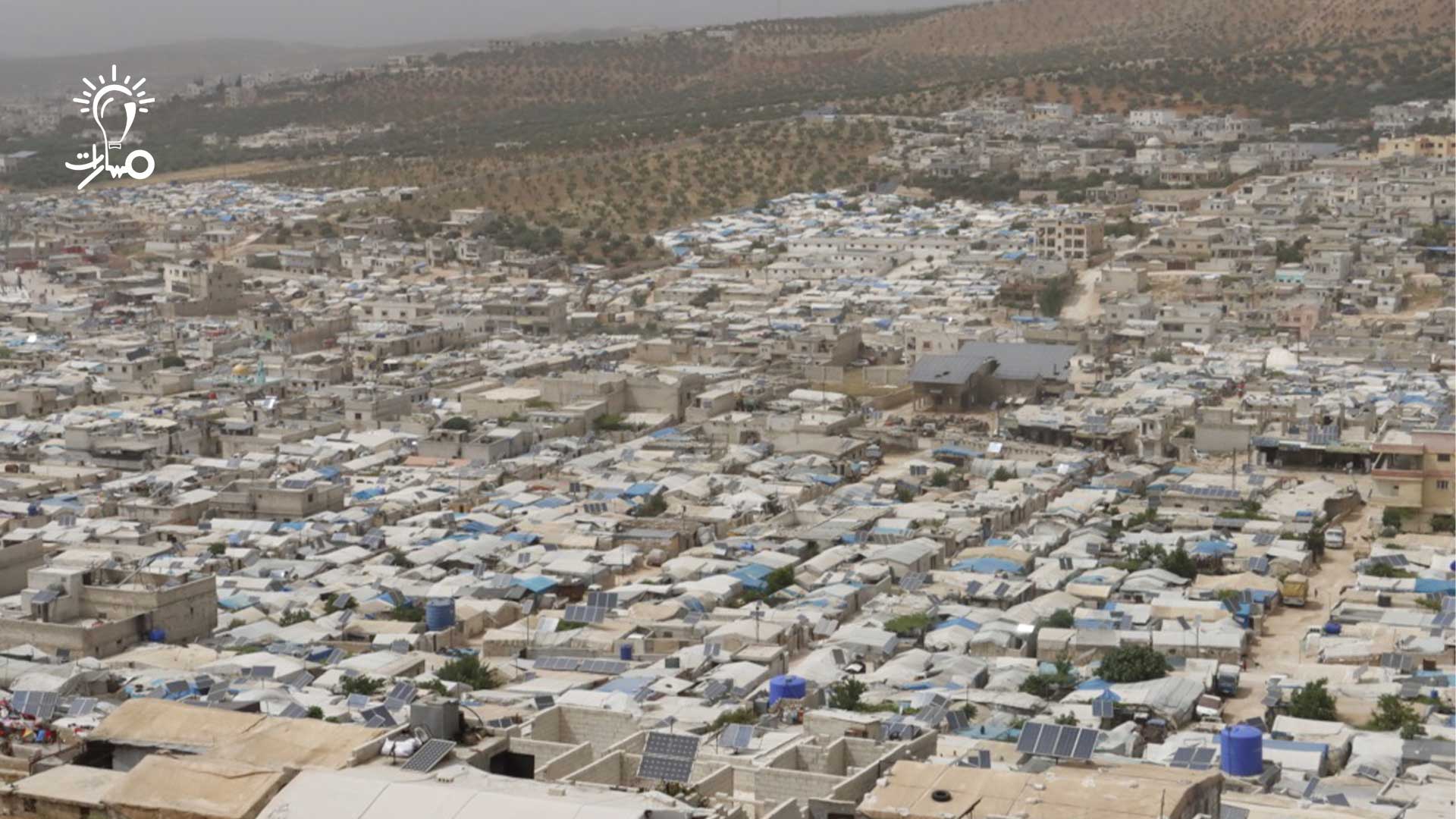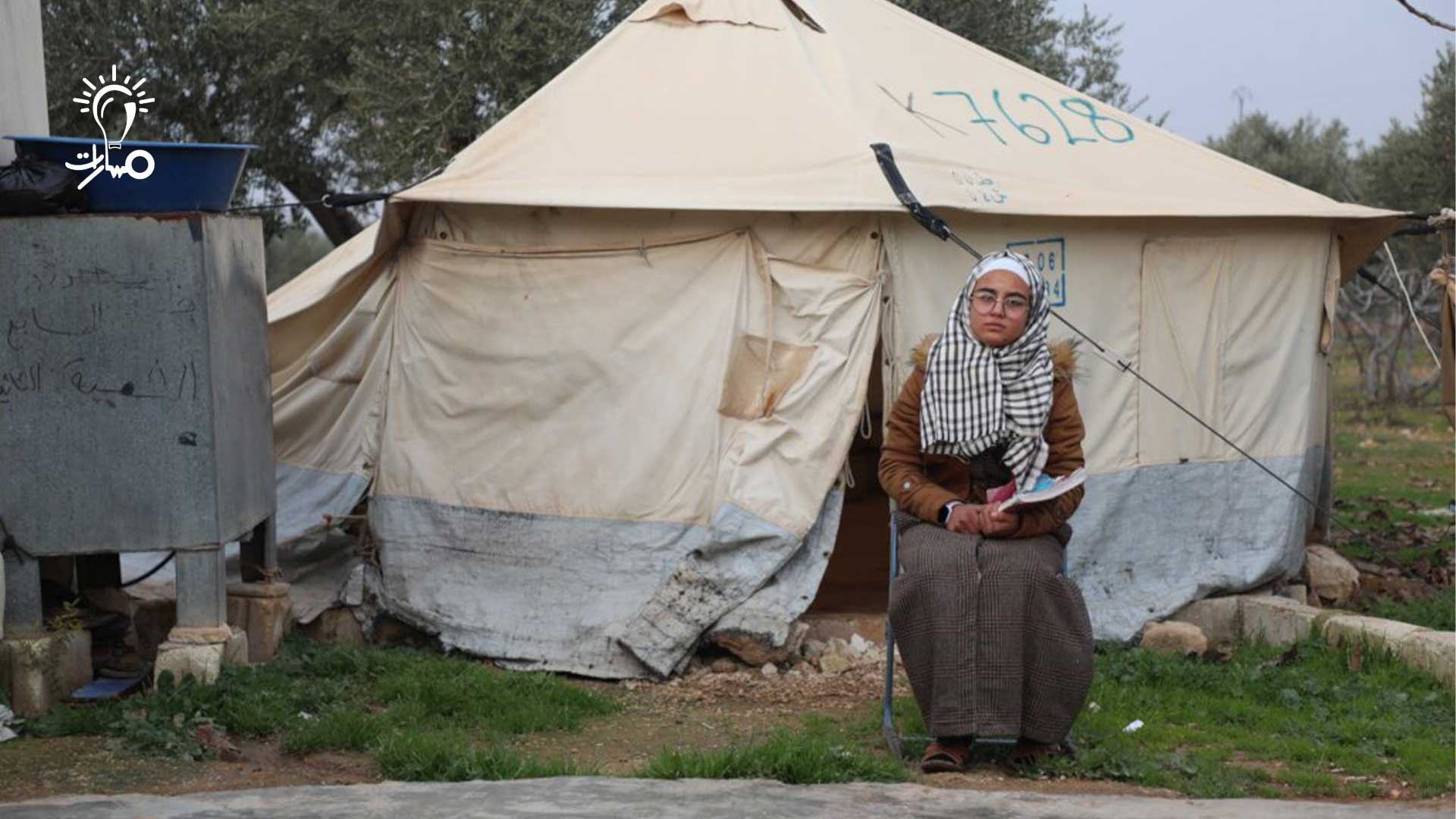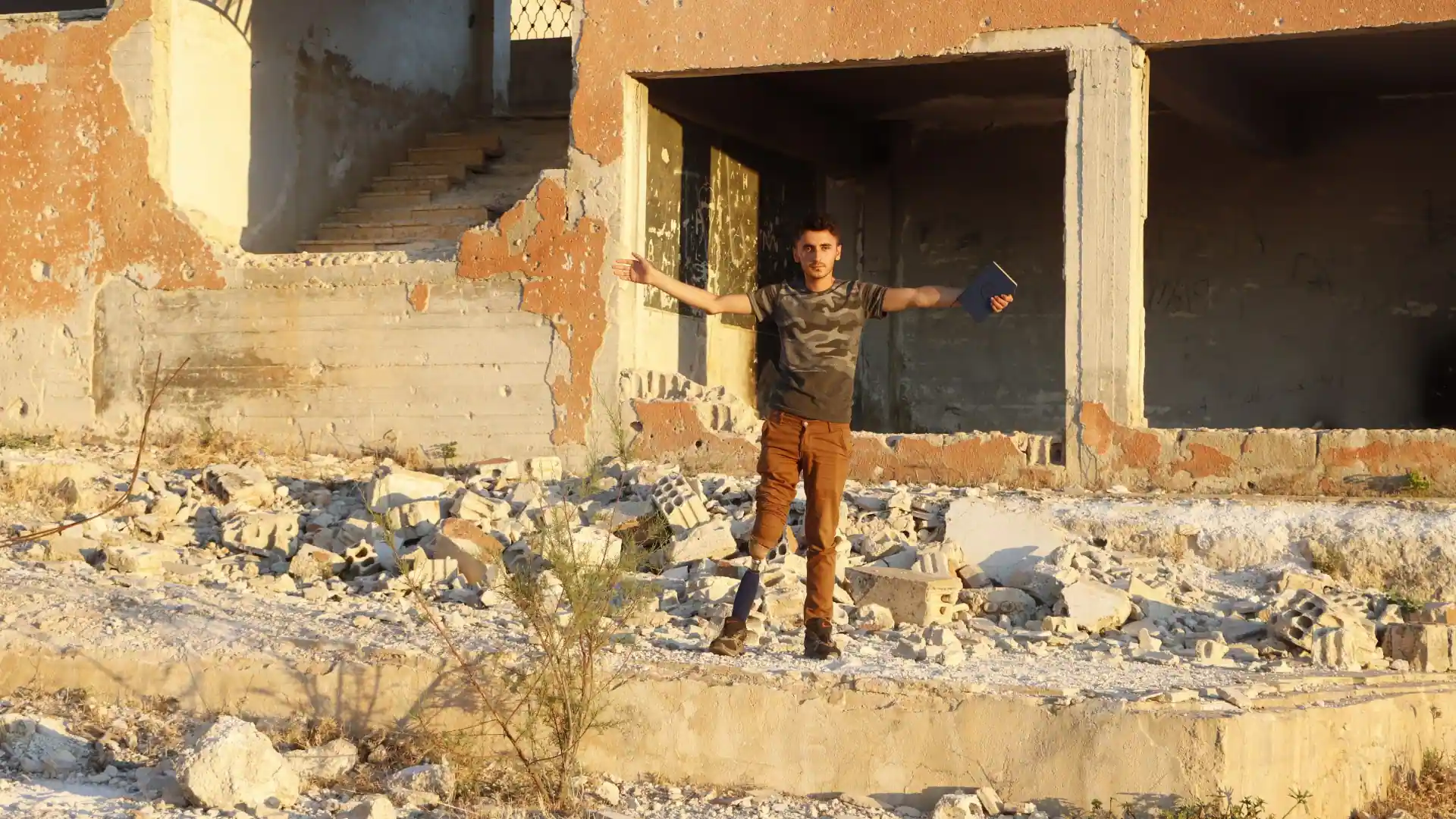Today’s topic delves into the crucial role of water in our lives. It encompasses understanding its composition, assessing its quality, and recognizing the steps necessary to conserve this essential resource. This article underscores the significance of water in Our Lives, its impact on our bodies and environment, and emphasizes the imperative of water conservation.
Water’s Significance in Our Lives
Echoing the Quranic verse, “We made every living thing of water Will they not believe!” (Surah Al-Anbiya, 21:30), water is fundamentally vital for all living beings. It’s a significant component of our body and plays key roles in critical biological processes like digestion, metabolism, and nutrient transportation.
Water is instrumental in regulating body temperature through evaporation and sweating. It plays a pivotal role in maintaining the body’s fluid balance.
Water is vital for maintaining ecological balance and supporting diverse ecosystems. It’s indispensable in agriculture, industry, and as a primary medium for commercial transportation.
Water Composition
A water molecule is composed of one oxygen atom and two hydrogen atoms, bonded covalently, resulting in the chemical formula H2O. In standard conditions, water is a liquid, turning into ice at freezing points and vapor at boiling points.
Is All Water Drinkable?
The drinkability of water is determined by several standards:
Color: Water color can indicate the presence of contaminants, with acceptable levels typically between 5-30 color units.
pH Level: This reflects the water’s acidity or alkalinity, influencing its taste and effects on water pipes.
Turbidity: Turbidity measures water purity, affected by various substances like clay, organic and inorganic materials, silt, bacteria, and microorganisms.
Preserving Water
To safeguard freshwater sources for future generations, we must adopt several strategies, including:
Efficient use of water in everyday activities.
Using effective irrigation methods like drip irrigation.
Proper management of local water sources and reserves.
Increasing public awareness about water conservation and responsible usage.
Recycling used water for other purposes like irrigation.
Water conservation is a collective responsibility, essential for sustaining this precious resource for both present and future generations.
TCHR . Samer Al-Aloush – Science Teacher in Masarat Initiative
